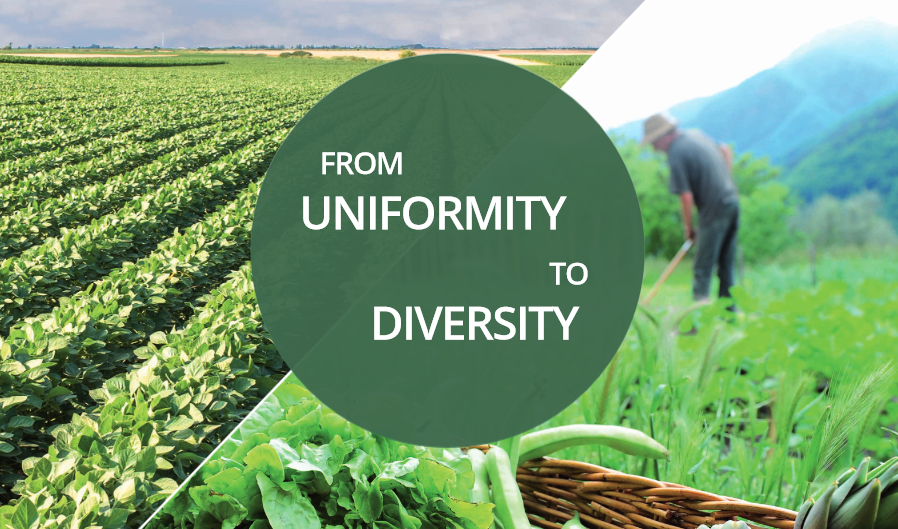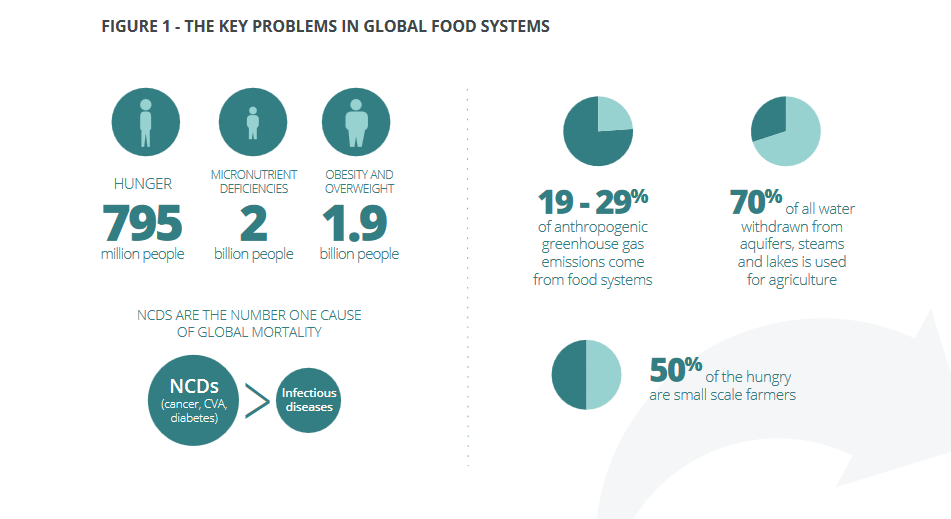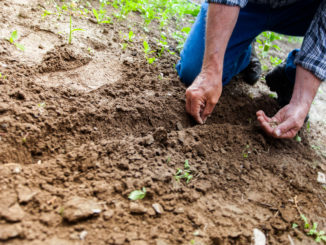Neither industrial nor subsistence farming work to the benefit of people and planet. Instead, diversified agroecological systems represent an improvement on both. A new report by IPES-Food reveals why.

Input-intensive crop monocultures and industrial-scale feedlots are core parts of what is unsustainable about the agri-food system. Pollution, climate change and biodiversity loss are just three of the problems that stem from this. The good news, however, is that there are agroecological solutions to these problems. That’s according to a new report by the International Panel of Experts on Sustainable food systems – IPES-Food.
Olivier De Schutter, co-chair of IPES-Food, stated: “Many of the problems in food systems are linked specifically to the uniformity at the heart of industrial agriculture, and its reliance on chemical fertilizers and pesticides.”
He added: “It is not a lack of evidence holding back the agroecological alternative. It is the mismatch between its huge potential to improve outcomes across food systems, and its much smaller potential to generate profits for agribusiness firms.”
The report asks three key questions:
- What are the outcomes of industrial agriculture / diversified agroecological systems?
- What is keeping industrial agriculture in place?
- How can the balance be shifted?

Some of the key messages include:
“Today’s food and farming systems have succeeded in supplying large volumes of foods to global markets, but are generating negative outcomes on multiple fronts: widespread degradation of land, water and ecosystems; high GHG emissions; biodiversity losses persistent hunger and micro nutrient deficiencies alongside the rapid rise of obesity and diet related diseases; and livelihood stresses for farmers around the world.”
“Many of these problems are linked specifically to ‘industrial agriculture’: the input intensive crop monocultures and industrial scale feedlots that now dominate farming landscapes. The uniformity at the heart of these systems, and their reliance on chemical fertilizers, pesticides and preventive use of antibiotics, leads systematically to negative outcomes and vulnerabilities.”
“Diversified agroecological systems are considered here to be the alternative toward which both industrial agriculture and subsistence farming can and should evolve” the report suggests.
Read the full report (EN)




